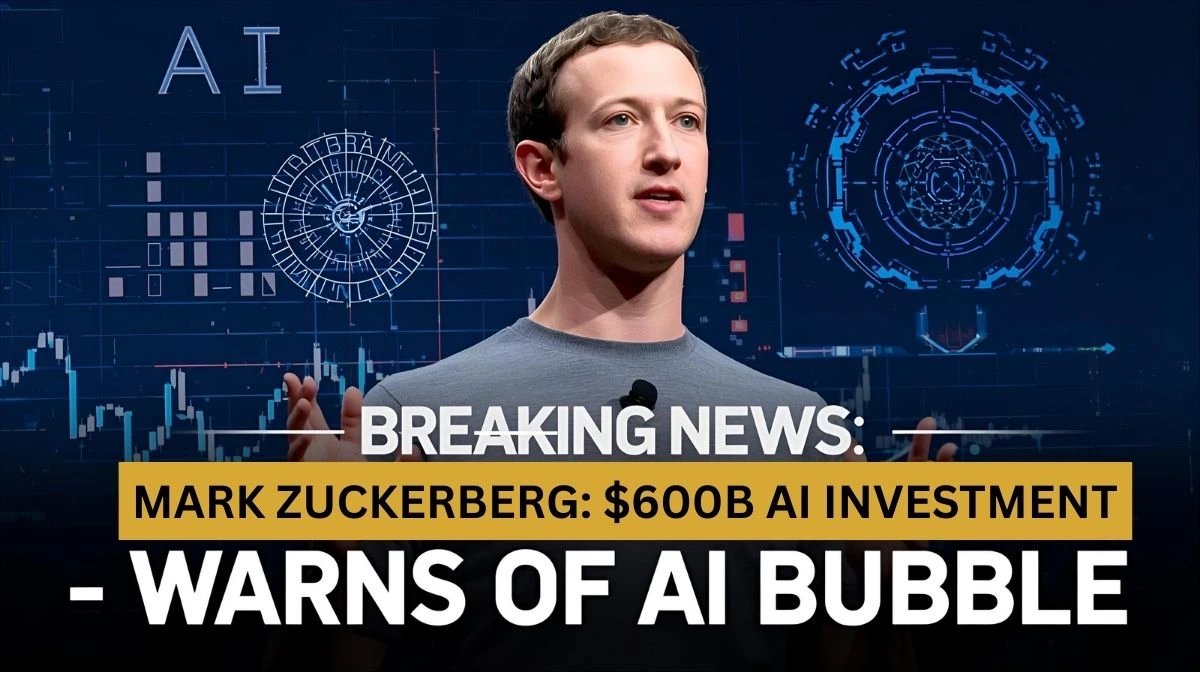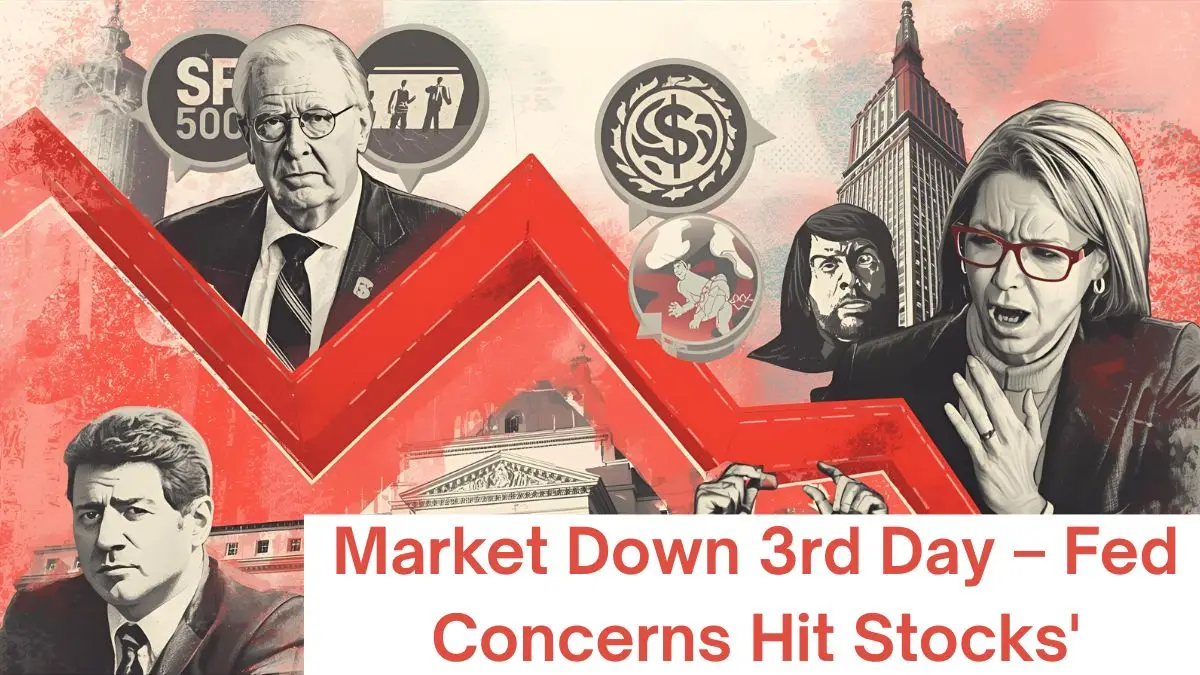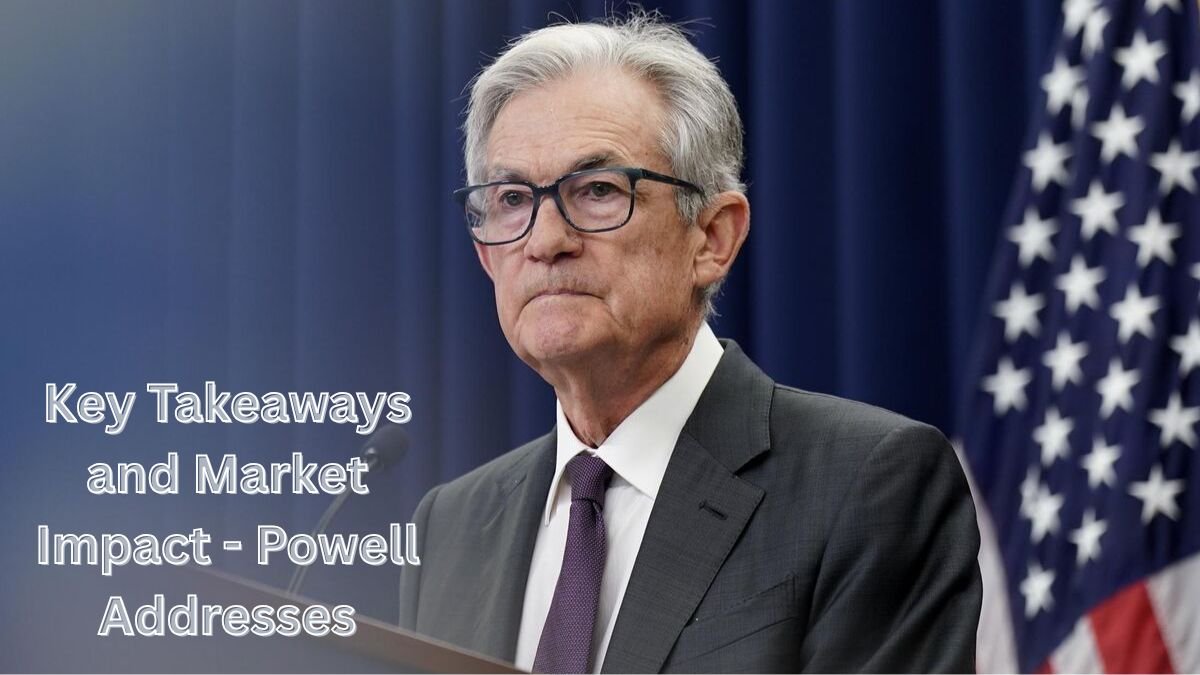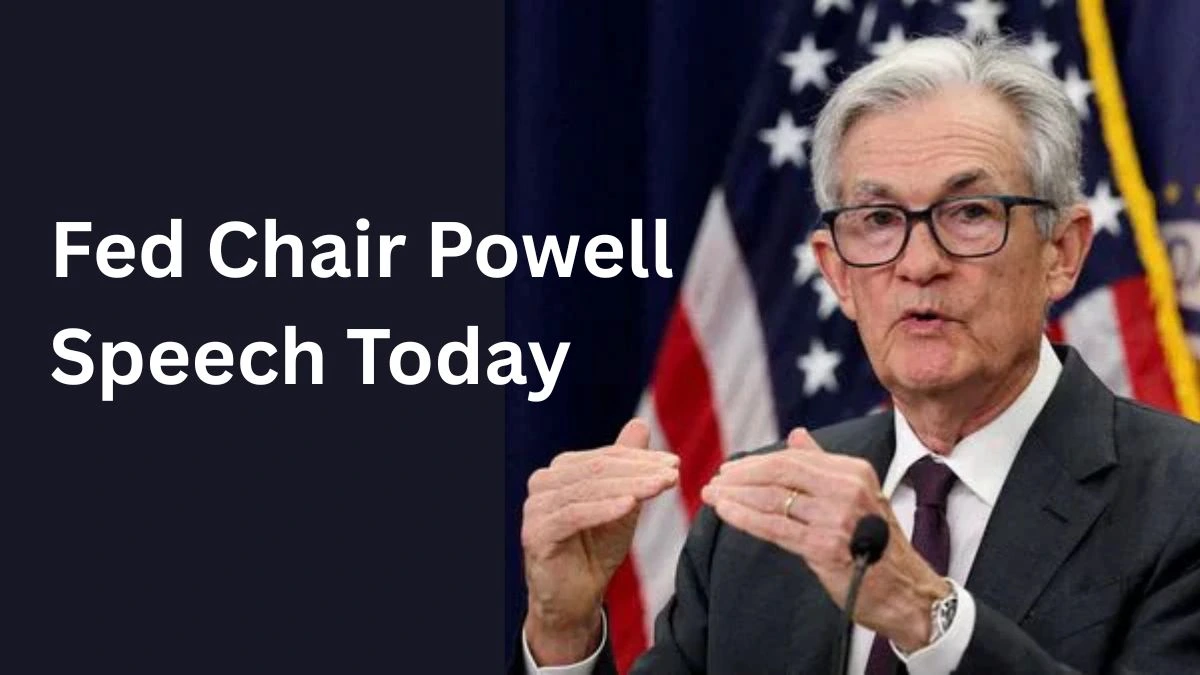Meta CEO Mark Zuckerberg has acknowledged that an artificial intelligence bubble is “quite possible,” yet defended his company’s massive $600 billion commitment to AI infrastructure, declaring he would rather “misspend a couple of hundred billion dollars” than risk falling behind in the race toward artificial superintelligence. Speaking on the Access podcast released Thursday, Mark Zuckerberg positioned Meta’s historic spending as necessary insurance against missing what he considers history’s most transformative technology.
The AI Bubble Acknowledgment: Mark Zuckerberg
Mark Zuckerberg drew striking parallels between current AI investments and previous market bubbles, particularly the railroad boom and dot-com crash of the early 2000s. “Based on past infrastructure build-outs and how they led to bubbles, I do think there’s definitely a possibility that something like that would happen here,” he stated during the podcast appearance.
The Meta chief’s concerns align with growing industry warnings about potential overheating in the AI sector. An MIT study from August 2025 revealed that 95% of AI pilot programs fail to deliver returns despite over $40 billion in sector investment. Federal Reserve Chair Jerome Powell has noted “unusually large amounts of economic activity” in AI capability buildouts, while Deutsche Bank labeled the recent period as “the summer AI turned ugly”.
The Greater Risk: Missing Superintelligence
Despite acknowledging bubble risks, Mark Zuckerberg argued that underinvestment poses a far greater threat than financial losses. “If you build too slowly, and superintelligence is possible in three years but you built it out assuming it would be there in five years, then you’re out of position on what I think is going to be the most important technology that enables the most new products and innovation and value creation in history,” he explained.
Meta’s $600 billion commitment, announced during a White House dinner with President Trump and other tech executives, covers all of the company’s US data center buildout and supporting business operations through 2028. Meta CFO Susan Li clarified that this figure represents “the total envelope” of Meta’s domestic investment plans, including infrastructure and personnel.
Meta’s Superintelligence Lab Strategy
Zuckerberg revealed new details about Meta’s elite superintelligence lab, which operates with a unique organizational structure designed to attract and retain top AI talent. The team, numbering around 50 to 100 researchers, functions with what Zuckerberg described as a “very flat” organizational structure without traditional corporate deadlines.
“It’s research — you don’t know how long the thing is going to take,” Zuckerberg explained, comparing the venture to “a group science project”. The lab eliminates rigid management layers, with Zuckerberg emphasizing that “we don’t want layers of management that are not technical”.
The company’s aggressive talent acquisition strategy included a landmark $14.3 billion deal to acquire nearly 50% of Scale AI, bringing CEO Alexandr Wang to lead the superintelligence effort. Meta has poached top researchers from OpenAI, Google DeepMind, and Anthropic with multimillion-dollar compensation packages, including signing bonuses reportedly reaching $100 million.
Industry-Wide Bubble Concerns Mount
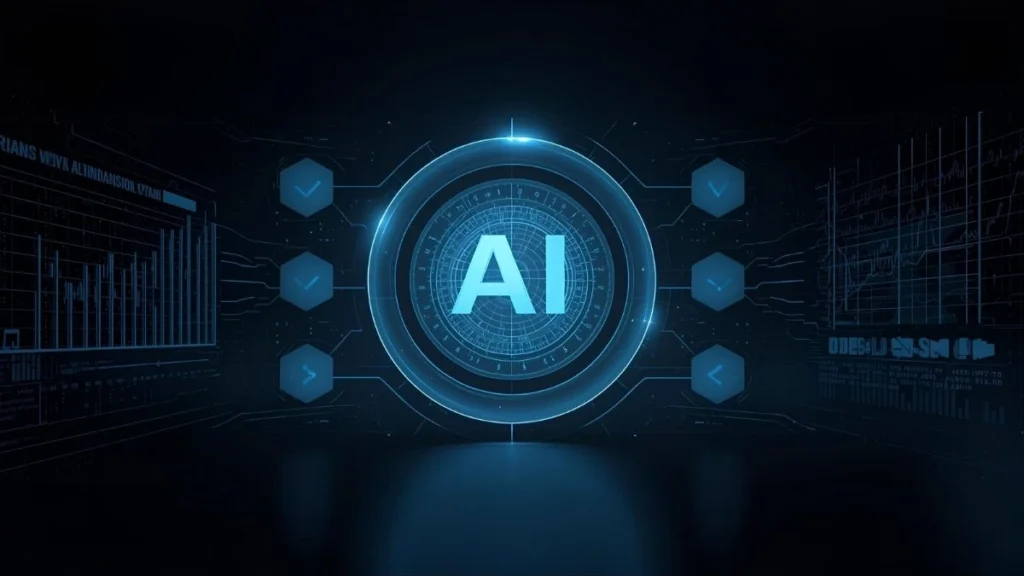
Zuckerberg’s warnings echo those of OpenAI CEO Sam Altman, who has expressed concerns about AI market overvaluation and “irrational exuberance” surrounding AI startups. “When bubbles happen, smart people get overexcited about a kernel of truth,” Altman explained, noting that while AI is genuinely transformative, it’s often “enveloped in irrational exuberance”.
The current AI market is experiencing unprecedented investment levels. In 2025 alone, major US tech companies are projected to spend over $155 billion on AI development. According to Statista, the current AI market value stands at approximately $244.2 billion. CB Insights data shows that 50% of venture dollars were spent on AI startups during the first half of 2025, exceeding spending for all of last year.
Competitive Advantages and Market Position
Zuckerberg positioned Meta as better equipped than private AI labs that depend on continuous fundraising to cover massive computing costs. “We’re not at risk of going out of business,” he said, contrasting his company’s stable advertising revenue with competitors facing existential risks during economic downturns.
The Meta CEO noted that companies like OpenAI and Anthropic face ongoing questions about their ability to raise capital, which depends on both their performance and broader macroeconomic factors beyond their control. This financial stability gives Meta a strategic advantage in the long-term AI development race.
Meta’s stock has performed strongly, rising nearly 40% over the past year, reflecting investor confidence in the company’s AI strategy despite massive capital expenditures. The company’s diversified revenue streams, primarily from advertising across its platforms serving over 3 billion users globally, provide the financial foundation for sustained AI investment.
The Talent Wars Intensify
Meta’s recruitment strategy has sparked significant industry tension, with competitors expressing frustration over the aggressive poaching tactics. Google DeepMind CEO Demis Hassabis acknowledged Meta’s approach as “rational” given their position, noting that “they’re behind and they need to do something”.
However, Anthropic CEO Dario Amodei criticized the strategy, arguing that massive compensation packages don’t necessarily secure the best talent or create lasting organizational culture. Anthropic maintains an 80% retention rate compared to OpenAI’s 67% and Meta’s 64%, suggesting that mission-driven researchers may prioritize factors beyond financial incentives.
Economic Implications and Future Outlook
The potential for an AI bubble carries significant economic implications. During the dot-com era, companies collectively lost over $5 trillion in market capitalization when reality fell short of expectations. An AI bubble could have similarly profound impacts given the massive capital investments across the technology sector.
Bank of America strategist Michael Hartnett has flagged bubble signals, citing the S&P 500’s price-to-book ratio surpassing levels from 2000. Meanwhile, some analysts like Wedbush Securities’ Dan Ives argue this represents the “fourth industrial revolution” and that “we are only in the second inning of the game”.
Zuckerberg’s willingness to risk billions reflects his conviction that artificial superintelligence will fundamentally transform human productivity and economic value creation. While acknowledging the possibility of a market correction, he maintains that the greater risk lies in conservative investment approaches that could leave companies unprepared for the AI transformation he believes is inevitable.
Read also:
